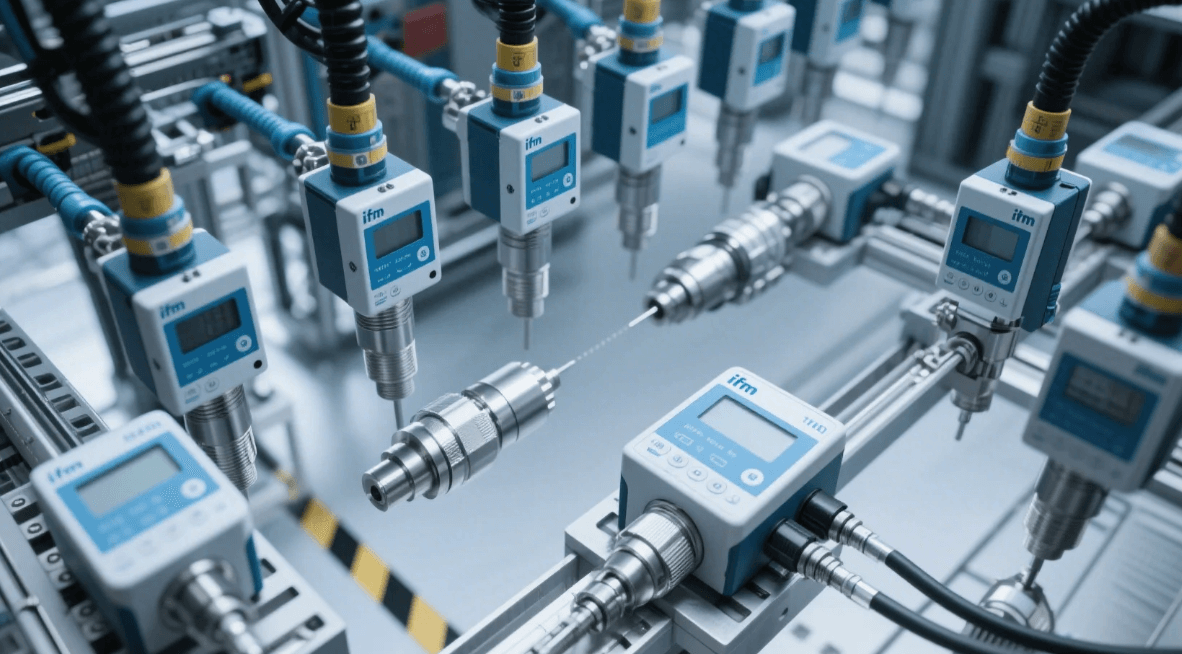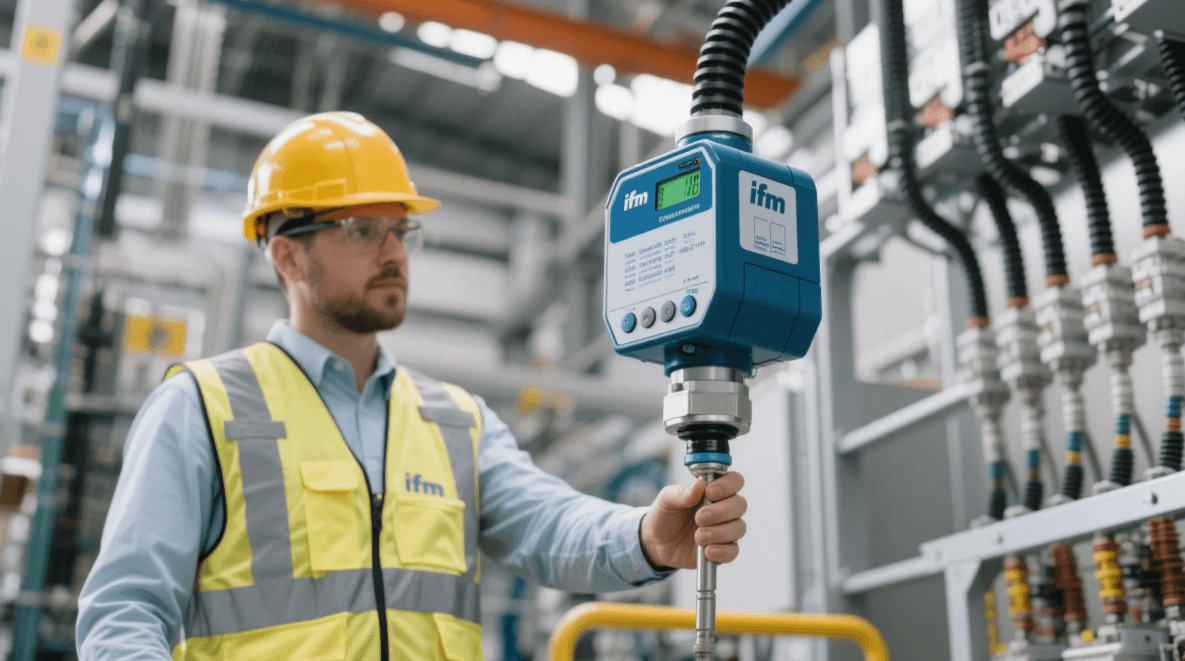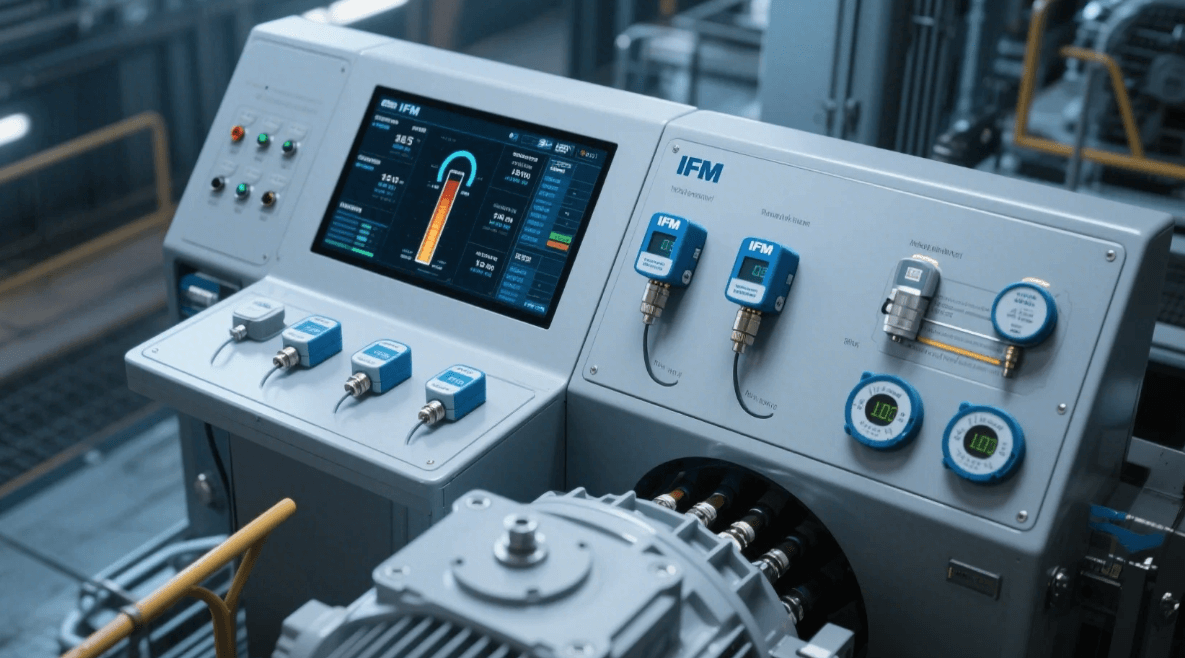Wie Sensoren und Steuerungen von ifm die Zukunft der Elektroindustrie gestalten

Introduction: Smarter Automation for Modern Electrical Systems
In today’s digital age, the electrical industry is moving rapidly toward automation and intelligent control. Driving this evolution are Sensoren und Steuerelemente, with ifm electronic standing out as a global leader in reliable industrial automation technology.
Was sind Sensoren und Steuerelemente?
The Basics of Intelligent Detection and Regulation
Sensoren und Steuerelemente are the eyes and brain of industrial systems. Sensors detect physical properties such as temperature, position, flow, and pressure, while control units process these inputs to regulate machines in real-time.
Differentiating Ifm’s Approach
Ifm designs integrated solutions that combine detection, analysis, and communication into compact systems—offering precise data and actionable control for a range of electrical applications.
Why ifm Leads in Electrical Automation

German-Engineered Precision
With over five decades of experience, ifm has perfected robust, high-performance Sensoren und Steuerelemente that excel even under the most demanding conditions in electrical manufacturing.
Benefits That Matter to Electrical Professionals
- Accurate monitoring of electrical processes
- Real-time diagnostics and remote configuration via IO-Link
- Compact design for efficient panel integration
- High electromagnetic compatibility (EMC) resilience
Key Applications in the Electrical Sector
Panel Monitoring and Fault Prevention
Real-time monitoring with ifm’s sensors detects issues before they cause downtime. Voltage, current, and thermal conditions are tracked to protect sensitive components.
Smart Circuit Management
Ifm’s control units automate switching processes and load balancing in smart electrical networks, increasing operational efficiency.
Motor and Equipment Protection
Temperature and vibration sensors protect motors from overload, enhancing longevity and minimizing maintenance needs.
Strengths of ifm’s Sensoren und Steuerelemente in Modern Systems

High Reliability in Harsh Environments
Ifm sensors are IP-rated for protection against dust, moisture, and vibration—essential in production and utility settings.
Non-Intrusive, Non-Contact Monitoring
Minimized wear and simplified installation give ifm systems a long operational lifespan and reduce system interruptions.
Seamless Data Integration
IO-Link functionality enables real-time diagnostics and predictive maintenance—critical for Industry 4.0 initiatives in power systems.
Looking Forward: Trends and Prospects
The Rise of Smart Grids
As utilities modernize, Sensoren und Steuerelemente enable smarter energy distribution, fault isolation, and load management.
Sustainability Through Automation
Precise control reduces waste and energy consumption, supporting environmental and economic sustainability goals.
Increasing Interconnectivity
The future demands open protocols and connected components. Ifm is advancing Ethernet-based sensor communication for fast, integrated automation.
How to Choose the Right ifm Product

Application-Based Recommendations
From temperature monitoring to power line analytics, ifm offers tailor-fit products across every voltage level and application need.
Support and Custom Solutions
Ifm experts provide pre- and post-sales technical guidance, ensuring that each installation delivers optimal results.
Conclusion: Future-Ready Systems Start with ifm
In a sector where performance and reliability are non-negotiable, ifm’s Sensoren und Steuerelemente deliver unmatched value. Their precision, durability, and advanced connectivity options make them essential tools for any forward-thinking electrical operation.
FAQs
1. What sets ifm apart from other sensor manufacturers?
Their integrated control capabilities and unmatched reliability in electrical applications make them a top choice globally.
2. Can these sensors handle variable electrical loads?
Yes, they are designed to monitor and adapt to fluctuations, ensuring safe operation.
3. Are ifm products compatible with legacy systems?
Many ifm devices offer backward compatibility or bridge options for older installations.
4. What is the average lifespan of an ifm sensor?
Typically over 10 years, depending on usage and environmental factors.
5. How do I connect ifm controls to a SCADA system?
Ifm provides standard industrial protocols including IO-Link and Modbus for easy integration.


